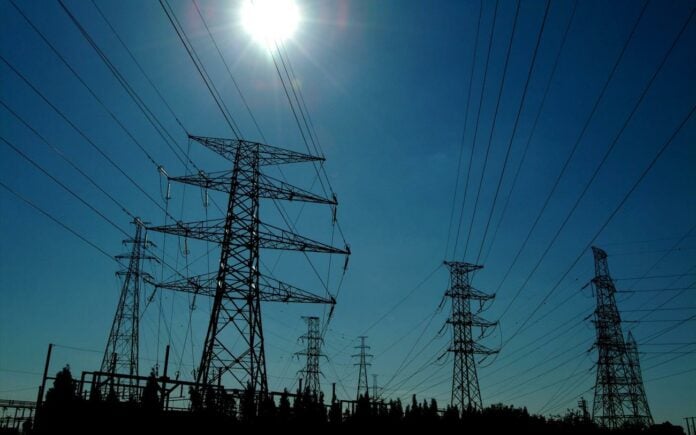Του Κώστα Δεληγιάννη
Companies that purchase blocks of future electricity production through so-called NOME auctions must distribute a minimum amount – starting initially at roughly 30 percent – to the domestic Greek market, according to a surprise decision by Greece’s Regulatory Authority for Energy (RAE).
The decision, which follows a relevant recommendation by another independent regulatory body, the Operator of the Electricity Market (LAGHE), essentially mandates a ceiling in the amount of electricity that can be exported from the country.
Moreover, the decision will come into effect this year.
As a result, an electricity distributor in Greece will be obliged to distribute nearly one-third of the quantity it has purchased via a NOME auction in the domestic market for the remainder of 2017.
This percentage will increase to 50 percent in the first half of next year and reach 70 percent in the second half of 2018, essentially capping electricity exports.
In severely tightening the regulatory “noose” for private sector power distributors, RAE will, in the future, determine the percentage of purchased electricity that can be exported, following a recommendation by LAGHE.
Failure to distribute the foreseen power quantity to the domestic market will result in a company’s exclusion from the next NOME auction up on the calendar.
Given that the decision will be published in the government gazette in a matter of days, the last NOME auction of the year will be covered by the measure, i.e. 30 percent of the purchased electricity block must be distributed to the domestic market.
The last NOME auction of 2017 is for 719 MWh/h, the biggest amount of electricity ever sold off in such a process.
A NOME-type auction (Nouvelle Organisation du Marché de l’Electricité) is based on a mechanism first employed in France, whereby bilateral agreements are made between producers and distributors.
The aim is to boost competitiveness and lower prices in Europe’s power production sector.














